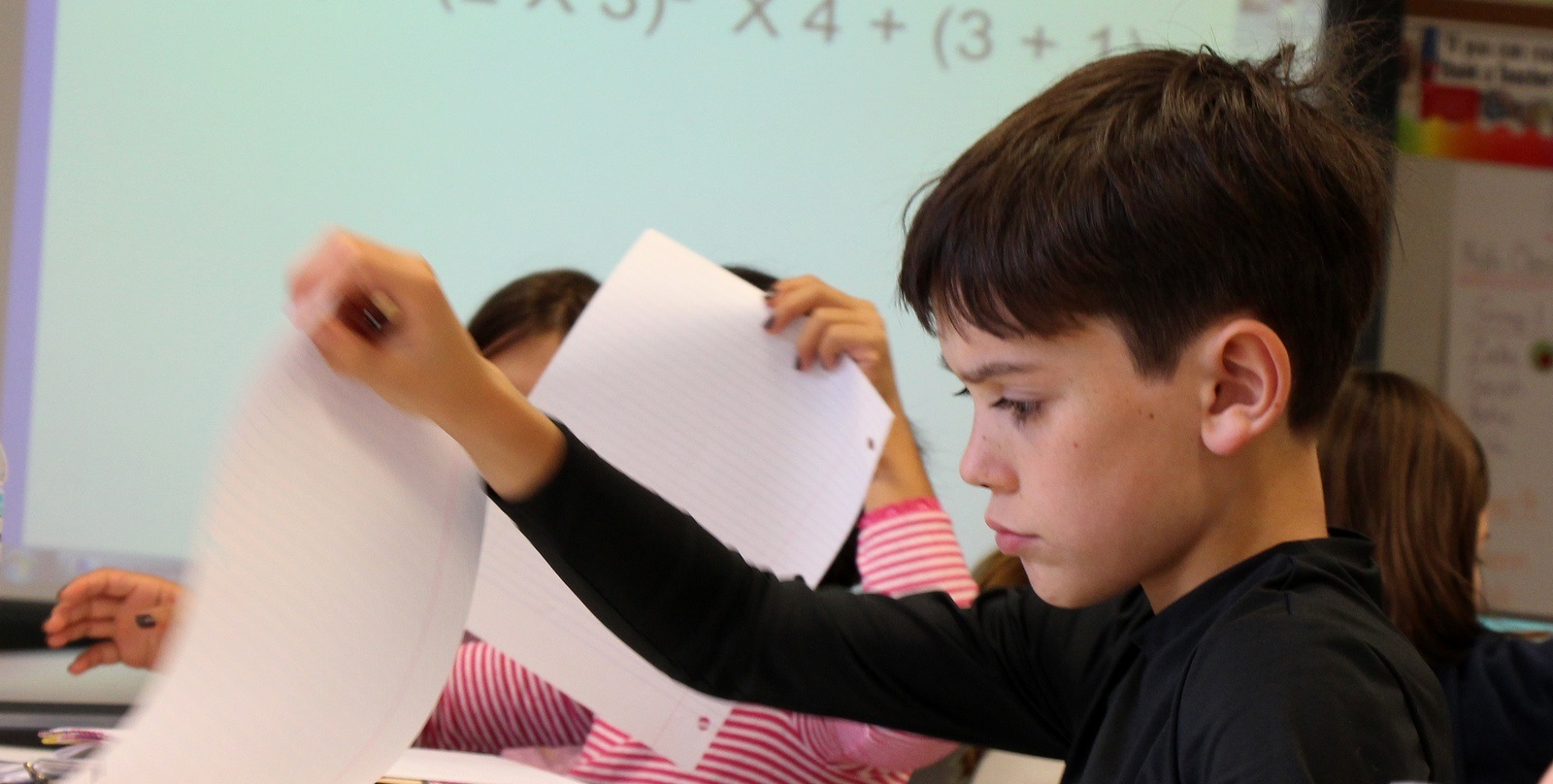Five Tips for Finding an Excellent Math Tutor
Bryan always succeeded easily in math class; however, this year marked the beginning of his pre-algebra course. Now, Bryan struggles with challenging homework problems and can't seem to connect what his teacher discussed in class to what he is practicing for homework. Bryan's parents feel challenged by the methods shown in his notes. Procedures and strategies have changed so much over the years! An experienced math tutor may be the perfect solution.
Good math tutors know that strong math skills begin with a solid math foundation. Having a one on one math tutor allows a student to focus specifically on individual challenges. Some students need to revisit basic math skills like fractions, decimals, or percents. Other students need practice breaking up difficult math problems into simpler steps. Whatever a student's needs are, a seasoned math tutor will be able to pinpoint them and practice, practice, practice!
Math tutors offer personalized, individual support for grasping challenging concepts and attaining subject mastery. Below are some tips for hiring an excellent math tutor with the right credentials.
Personal Connection. Above all, the right math tutor will "click" with the student. Look for a tutor with a personality that complements the student. They will be potentially spending quite a bit of time together in the near future and working well together is a tremendous start.
Educational background. To be effective, a qualified math tutor needs a firm understanding of the material being covered. This is where educational background becomes relevant. For elementary math students, a tutor with a high school diploma may be sufficient. For junior high or high school students, a math tutor should hold at least an undergraduate degree, preferably in a STEM (science, technology, engineering, or math) field. Candidates with a mathematics teaching credential or master's degree in mathematics education would be ideal.
Teaching experience. Effective math tutors need to be able to present ideas in a way that maximizes conceptual understanding of the material. This includes using auditory, visual, and tactile modes of engagement. Which approach is used will be determined by the individual learning style of the student. This is why recent teaching experience and training in current educational methodologies and strategies is so important. Experience at the student's grade level is key as well.
Small Group or Individual Instruction. Another important aspect of tutoring to consider is the teacher to student ratio. Some students engage better in a small group where they can work together to discuss and solve challenging math problems. Other students need one to one math instruction that minimizes distractions and maximizes individual needs.
Time Frame and Logistics. Right off the bat, make sure that a time frame is established. Is the math tutor available for the rest of this school year? Or is a summer review session the goal? Also, finding a suitable location is important. Will tutoring take place at a local library, school, or home?
Don't wait until the week before finals to secure an effective math tutor. Students need to feel challenged but not frustrated so that they can continue to succeed with increasingly more complicated math concepts. The sooner a student receives effective math support, the sooner he will move back onto that road to math success.
Ready to find an effective math tutor? Visit our Math Tutoring Page.
Photo Credit: woodleywonderworks on Flickr

New Math Teacher
New Math Teacher boasts an enthusiastic team of passionate lifelong learners who love to grow that passion in others as well. Our curriculum specialists love to post creative and engaging ideas about math education and learning. We welcome helpful feedback and constructive criticism.


One on one instruction is so helpful for some students. It's a shame that more schools aren't providing it.